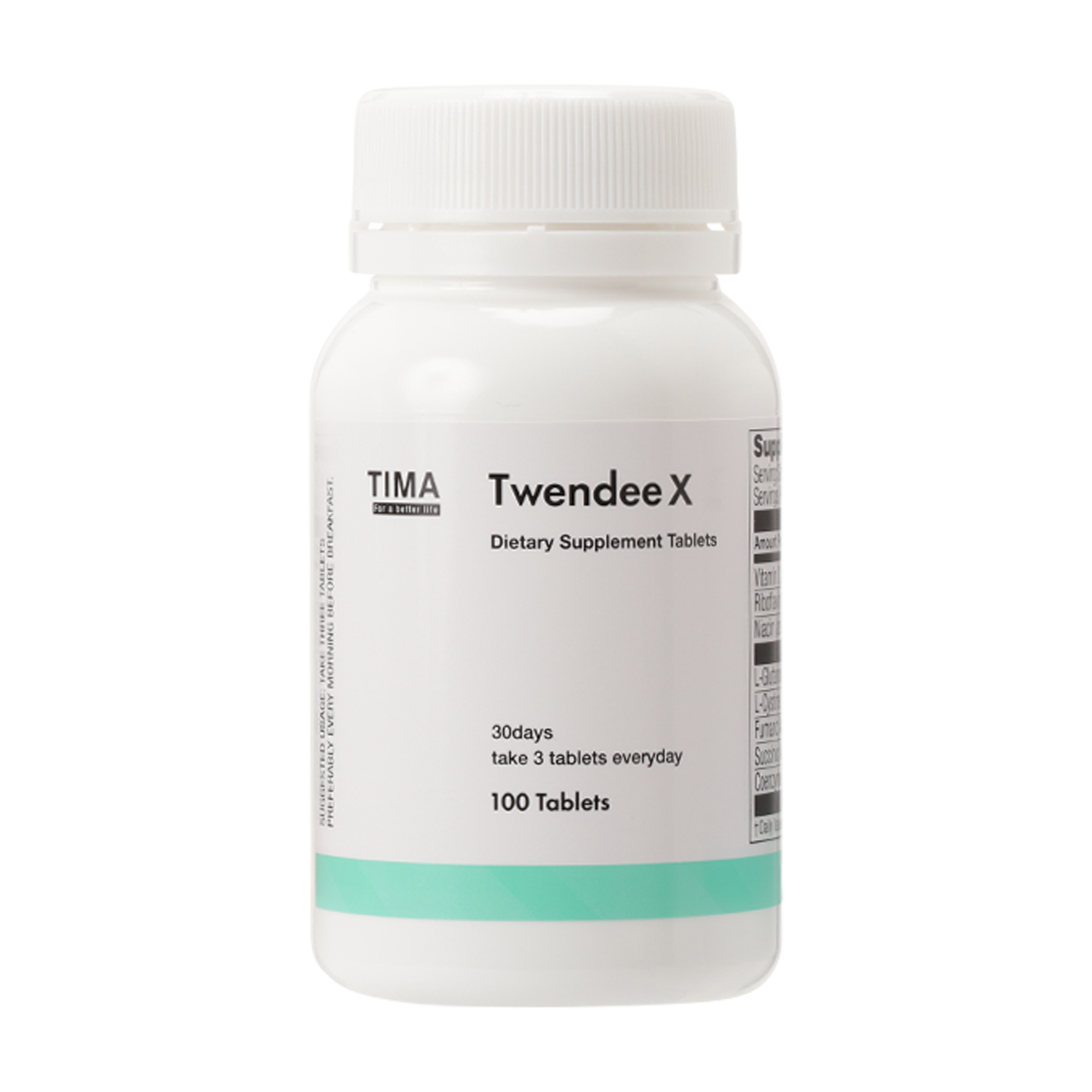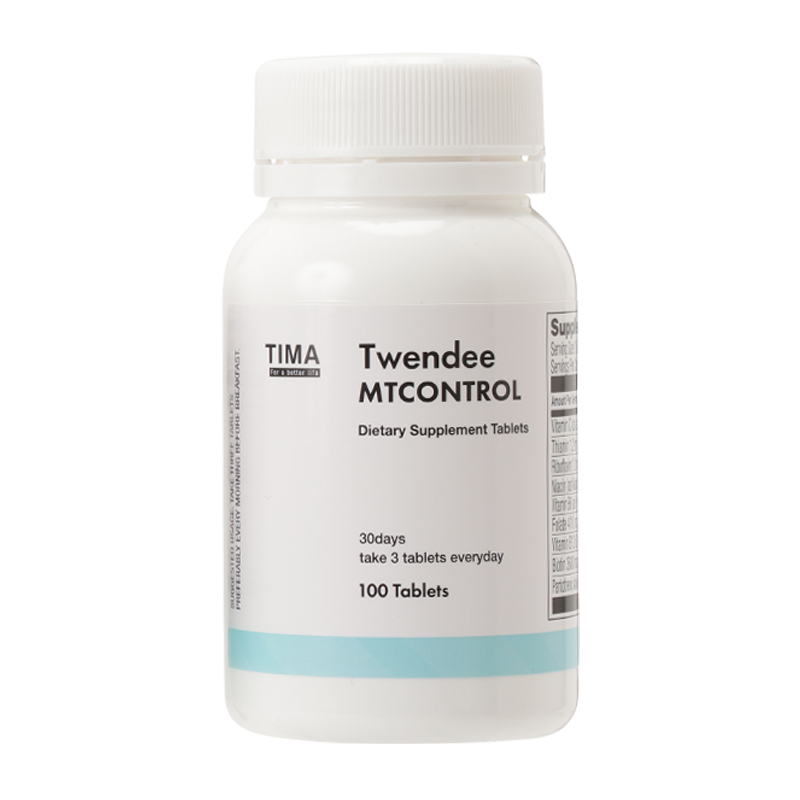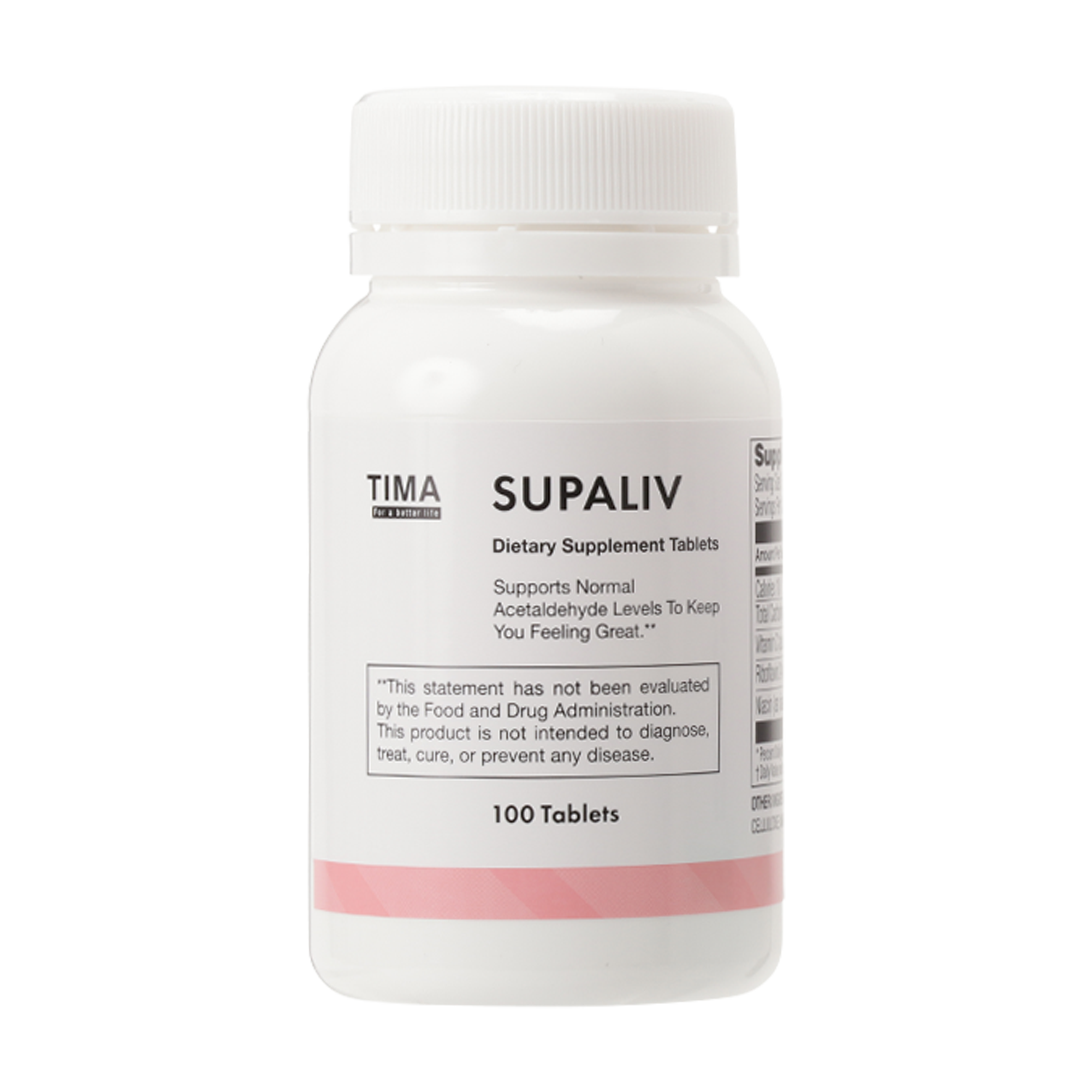Thesis on Oxidative Stress and "gastric ulcer"
- Paper title
- 8-Hydroxydeoxyguanosine: not mere biomarker for oxidative stress, but remedy for oxidative stress-implicated gastrointestinal diseases.
- Abstract summary
- Exogenous 8-hydroxydeoxyguanosine can be a functional molecule regulating oxidative-stress-induced gastritis through either antagonizing Rac-guanosine triphosphate binding or blocking the signals responsible for gastric inflammatory cascade.
- Authors
- C. Ock, Eun-Hee Kim, D. Choi, Ho J. Lee, K. Hahm, M. Chung
- Journal
- World Journal of Gastroenterology
- Semantic Scholar URL
- https://semanticscholar.org/paper/3601998b72c3c7918dc90443b5d5323f5e1e0058
- Abstract
-
Reactive oxygen species (ROS) attack guanine bases in DNA easily and form 8-hydroxydeoxyguanosine (8-OHdG), which can bind to thymidine rather than cytosine, based on which, the level of 8-OHdG is generally regarded as a biomarker of mutagenesis consequent to oxidative stress.
For example, higher levels of 8-OHdG are noted in Helicobacter pylori-associated chronic atrophic gastritis as well as gastric cancer.
However, we have found that exogenous 8-OHdG can paradoxically reduce ROS production, attenuate the nuclear factor-κB signaling pathway, and ameliorate the expression of proinflammatory mediators such as interleukin (IL)-1, IL-6, cyclo-oxygenase-2, and inducible nitric oxide synthase in addition to expression of nicotinamide adenine dinucleotide phosphate oxidase (NOX)-1, NOX organizer-1 and NOX activator-1 in various conditions of inflammation-based gastrointestinal (GI) diseases including gastritis, inflammatory bowel disease, pancreatitis, and even colitis-associated carcinogenesis.
Our recent finding that exogenous 8-OHdG was very effective in either inflammation-based or oxidative-stress-associated diseases of stress-related mucosal damage has inspired the hope that synthetic 8-OHdG can be a potential candidate for the treatment of inflammation-based GI diseases, as well as the prevention of inflammation-associated GI cancer.
In this editorial review, the novel fact that exogenous 8-OHdG can be a functional molecule regulating oxidative-stress-induced gastritis through either antagonizing Rac-guanosine triphosphate binding or blocking the signals responsible for gastric inflammatory cascade is introduced.








